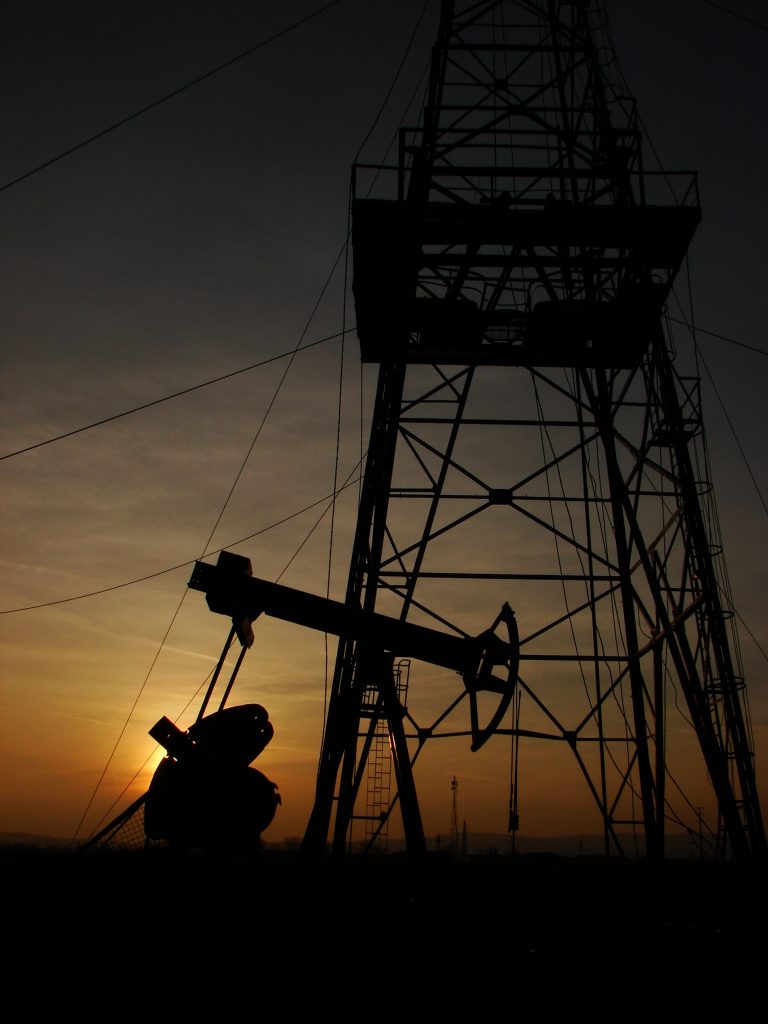 A recent case arising out of Tensas Parish, Louisiana, highlights the importance of checking on leases that burden any land before purchase. “Legacy lawsuits” are claims that oil and gas operations caused contamination on a property and generally name any operators who worked at the property and could have contributed to the contamination. In this aspect, the case out of Tensas Parish is no different. This case involves a legacy lawsuit where landowners purchased a property in 2002, but the property was subject to mineral leases/servitudes as early as the 1940s by different oil and gas companies.
A recent case arising out of Tensas Parish, Louisiana, highlights the importance of checking on leases that burden any land before purchase. “Legacy lawsuits” are claims that oil and gas operations caused contamination on a property and generally name any operators who worked at the property and could have contributed to the contamination. In this aspect, the case out of Tensas Parish is no different. This case involves a legacy lawsuit where landowners purchased a property in 2002, but the property was subject to mineral leases/servitudes as early as the 1940s by different oil and gas companies.
In the case, the current landowners claim that their land was contaminated by the oil and gas exploration and production activities conducted or controlled by the oil companies. The landowners sought to collect damages from the companies to restore the property to its pre-polluted state. They also asserted that the contamination was a result of the companies using the land for waste disposal and classified the pollution as a continuous tort. The appellate court disagreed with the position of the landowners, affirming the trial court, and cited Louisiana case law in support. See Marin v. Exxon Mobil Corp., 48 So. 3d 234 (La. 2010). The Marin case states that a continuing tort is occasioned by unlawful acts, not the continuation of the ill effects of an original, wrongful act. The Court held that the alleged damage to the land occurred prior to the landowners purchasing the property.
Usually, the owners of land burdened by mineral rights and the owner of a mineral right must exercise their respective rights concurrently with reasonable regard for those of the other. See La. R.S. 31:11. One cannot exercise their rights to the exclusion of the other; however, if the mineral lessee has acted unreasonably, excessively, or without reasonable regard for the landowner’s concurrent right of use of the land under the lease, then the landowner of the servient estate may seek redress to restore their right of use.
The central issue in the appeal in this case concerned the rights of the landowners to claim pre-purchase damage. Generally, current owners have no right to reclaim any damages that occurred prior to their purchase of the property. The Louisiana Supreme Court addressed this theory in its discussion on the subsequent purchaser doctrine in a previous case. The Court explained that the subsequent purchaser rule holds that an owner of property has no right or actual interest in recovering from a third party for damage which was inflicted on the property before his purchase, in the absence of an assignment or subrogation of the rights belonging to the owner of the property when the damage was inflicted. In the previous case addressing this issue, the Court highlighted that the plaintiff was asserting its predecessors personal damage claims, not its own personal rights as an owner. This case serves as a caution to ensure that landowners understand Louisiana’s subsequent purchaser doctrine and its implications. The doctrine limits the legal recourse to remedies obtained through regulatory hearings.
Additional Sources: ROBERT L. WALTON, ET AL. VERSUS EXXON MOBIL CORPORATION, ET AL.
Written by Berniard Law Firm Blog Writer: Vianca Simpson
Additional Berniard Law Firm Articles on Property Disputes: Evangeline Parish Land Dispute Lawsuit Invokes Concept of Acquisitive Prescription
 Louisiana Personal Injury Lawyer Blog
Louisiana Personal Injury Lawyer Blog

